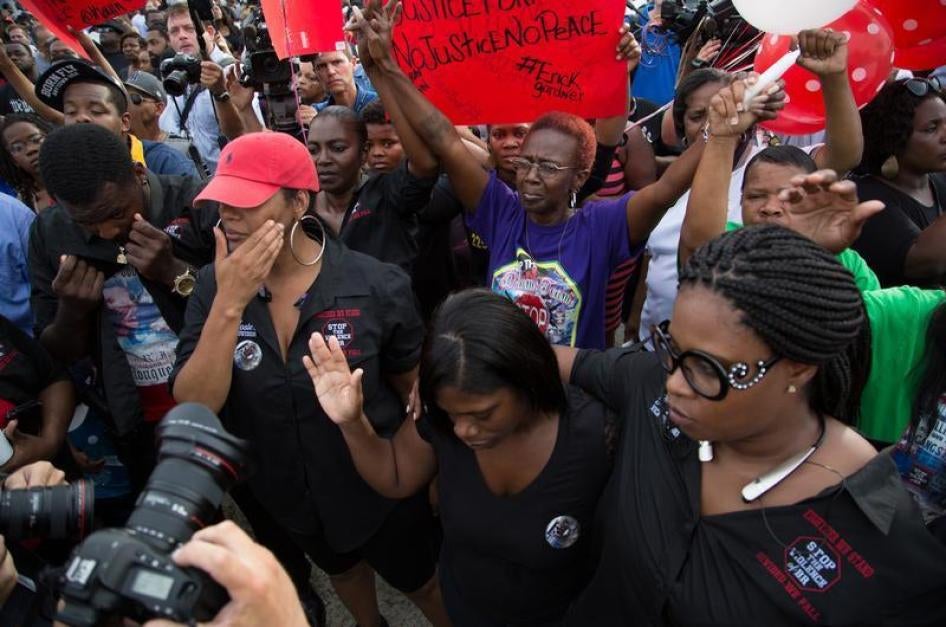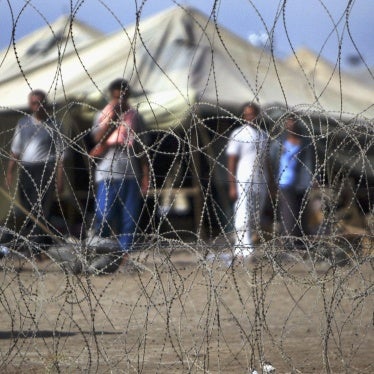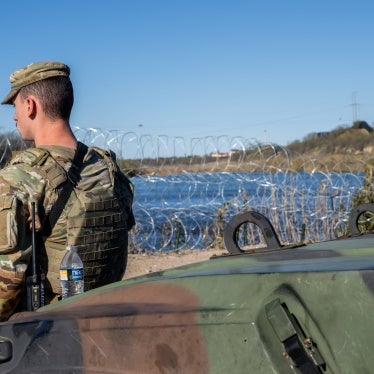The deaths of black men at the hands of United States police, not a new phenomenon, are now being witnessed by the world. Those videotaped deaths now include this week’s shootings of Alton Sterling in Baton Rouge, Louisiana, and Philando Castile in Falcon Heights, Minnesota.
Two separate videos show two police pinning down Sterling in a parking lot and shooting him at close range. The video involving Castile was recorded by his girlfriend Lavisha Reynolds immediately after the shooting.
Note that these videos were taken by people attempting to document an injustice, not by police. For all the hubbub around the need for police body-worn cameras, the Sterling shooting will raise doubts about their effectiveness. Even while the two police officers involved in restraining Sterling were wearing body cameras, a spokesperson for the Baton Rogue police department said that both cameras became dislodged – at the time when they were most needed.
The power of videos showing police violence first-hand is unquestionable. There’s no unwatching Oscar Grant being shot in the back; Eric Garner struggling to breathe; Walter Scott running, then going down; Sterling pinned down and shot. There was the moment, near the end of the video shot by Lavisha Reynolds, when she says she can’t believe what happened and her 4-year-old daughter – who witnessed everything from the backseat of the car – heartbreakingly comforts her, saying, “It’s OK, I’m right here with you.”
Beyond the videos, questions remain. Why does an officer shoot someone who is on the ground, restrained, at point blank range? Why did a 4-year-old girl have to see Castile shot and killed after being pulled over for a broken taillight? Why have so many of these killings happened during routine traffic stops? Why has it been so difficult to hold police officers accountable for unjustifiable killings?
I don’t know the answers to all of these questions. But there are some things we can do to prevent such killings. Better police training on de-escalation, greater accountability for police killings, as well as independent oversight, better data, and transparency. More needs to get done. The world is watching.








